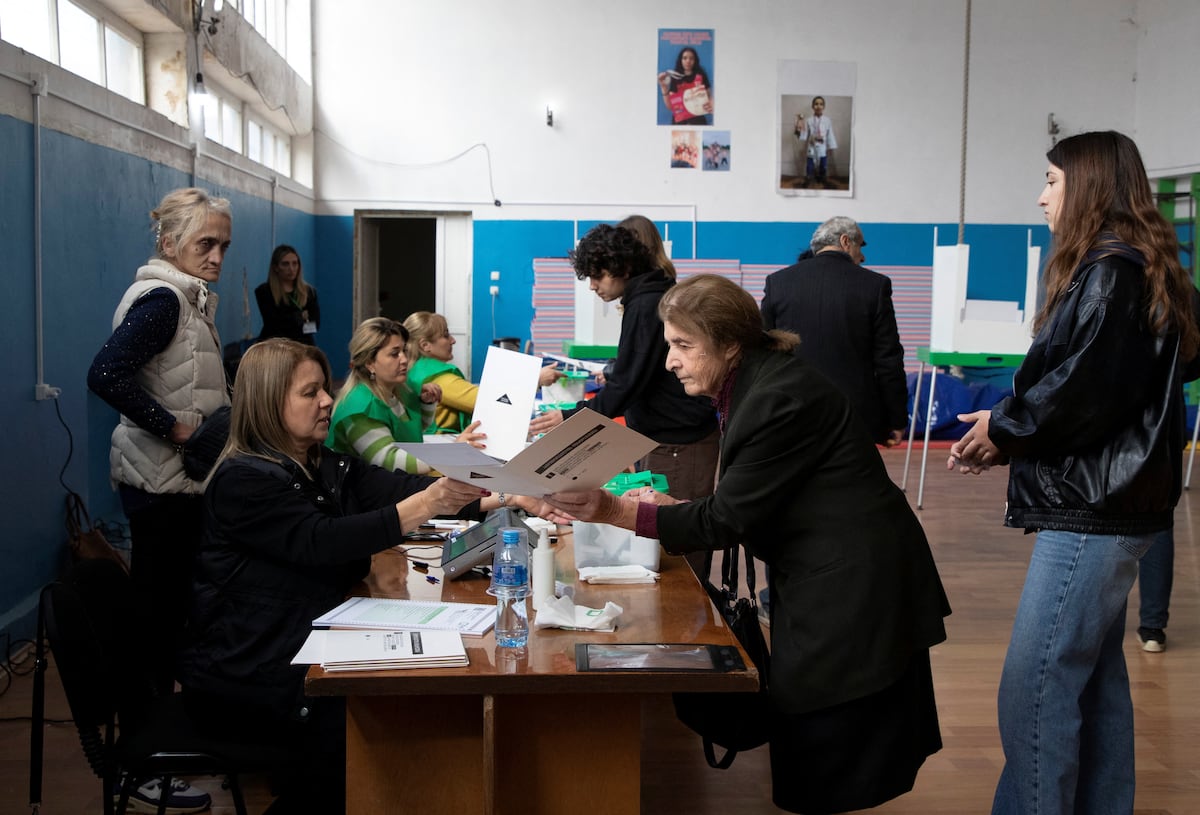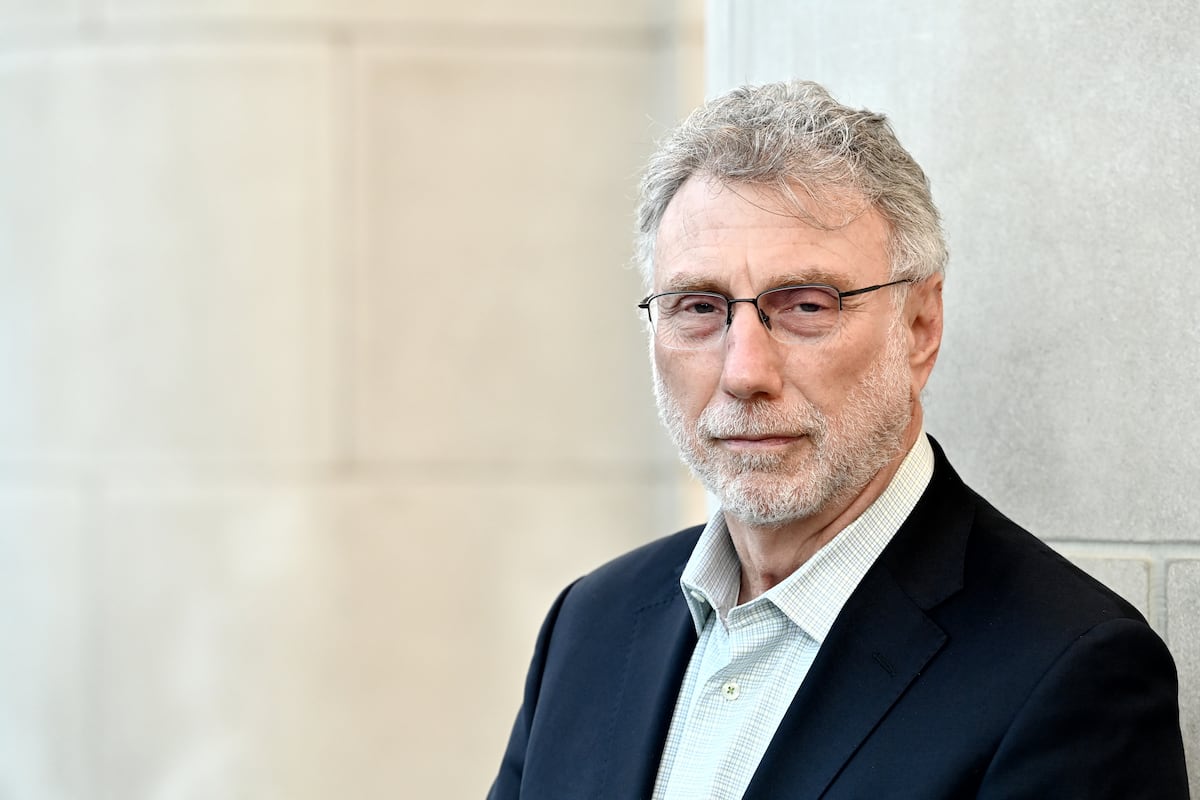A group of engineers from Malaga founded VirusTotal in 2004. It was an online service to which anyone could send a file suspected of being infected to ask for a second opinion and check if it really was. The initiative did not make money until 2009, but the model was so effective that one of the main people responsible for it, Bernardo Quintero, bet with his team a bottle of whiskey that they would end up being part of Google. Three years later they won that bet: they became the second Spanish company acquired by the American company. They were offered work in Silicon Valley or Zurich, but they opted to stay in Malaga and no one said no. His work since then has been the reason why a decade later the technology giant has decided to open the third Google Safety Engineering Centers (GSEC) in Europe in the city and the first of them specialized in cybersecurity. It opens this Wednesday and puts the cherry on top of a work that Quintero and his colleagues started in 1998.
Google’s new European headquarters is a shiny building—with a spectacular brick mural by local firm Todobarro and two works by artist Play in Colors—located next to the Muelle Uno leisure space. There are dozens of workers coming and going to finish the work. details of the inauguration, which will be attended by the senior staff of the technology giant. The property has views of the Port of Malaga, the cathedral and the citadel. It is a treat for the company’s North American managers, but also for the six engineers who developed VirusTotal. They are Julio Canto, Francisco Santos, Alejandro Bermúdez, Emiliano Martínez and Víctor Manuel Álvarez, in addition to Quintero. They are now in their 40s and 50s, with adolescent happiness in their eyes as they look up at their new office. Also when they look back to remember the moments and factors that have been key in the decision that Google has chosen Malaga over any other European capital.
The origin of everything was Hispasec – a company that continues to operate today and within which VirusTotal was born – and, before that, the Una a Día news bulletin. When cybersecurity was in its infancy, in 1998, Quintero was told that he could not have a permanent section in the magazine PC Actual because there were not enough topics to talk about computer viruses each month. He then created the newsletterwith a daily news item on the subject, which he sent to those responsible for the publication. He convinced them. He created the website Hispasec.com to host that newsletter, which went viral and later became a company. In February 1999 EL PAÍS interviewed him and there Quintero recounted his idea of creating Virus Total. “I released it there and it went for five years without anyone starting it,” Quintero now remembers. If someone had done it, perhaps this man from Malaga would never have ended up on Google, nor Google in Malaga territory.
The subsequent history is full of anecdotes. Víctor Álvarez, for example, was signed in a contest. Quintero launched a protected file on the Internet in which a password had to be found and whoever solved it would get a book and a job offer. The first was Álvarez and they only sent him the book, because at that time he worked at Panda and no one thought that he wanted to work at VirusTotal. “But I wanted: there I would have more decision-making capacity, impact on what I did,” he recalls. “I arrived later with the same philosophy: I wanted that startup spirit, of creating something,” adds Emiliano Martínez. No one imagined that what they were up to would attract the attention of Google. When the technology company acquired them, for a figure that has never been made public, they moved to a chalet near the beach to work. It was the second one they had in mind. The first choice was one located on the front line and the North American team, which visited the area in August, said no because they had doubts about whether these kids were really going to work in a place like that.
Garcia-Santos (El Pais)
The good figures and metrics supported the decision to leave the VirusTotal team in Malaga. There was another factor: each vacancy was filled by staff who responded from the first minute. The relationship with the University of Malaga was always so close that they have even spent the last five years – when they had to abandon the chalet due to the growth of the team – in a building of the public entity. With them they have created a university expert course that will soon start its sixth edition, they have signed collaboration agreements in research and in recent days they have announced the creation of a chair in cybersecurity and an incubator for companies in the field, as well as a degree in cybersecurity and artificial intelligence. “Investment in local talent has been key. It is the most important resource for technology companies and here we have it,” says Quintero.
The collaboration model with the university and that local talent – with million-dollar firms such as Freepik, BeSoccer, UptoDown or Premo, among others – have been the basis of the city’s technological boom. In recent years, large innovation centers have arrived and firms such as Vodafone, Telefónica, CapGemini, Globant and Citigroup already have powerful facilities in the Malaga capital. Also the cybersecurity center of the Junta de Andalucía—in which the administration has invested 74 million euros—inaugurated just a few days ago a few meters from Google’s new headquarters. All of this is a breeding ground that supported Google’s decision, as well as the communications infrastructure that Malaga has available. From the AVE and the highways to its international airport, with dozens of connections to Europe between two and three hours away. Facilities for working and eating little fish.
“Style and quality of life are also important,” adds Alejandro Bermúdez, who says that in the new building – where they have been working for a couple of weeks – they feel like never before that they are working for Google. For the facilities, for the security, for the new internal bureaucracy, for the resources of a center that “will promote the development of research and cutting-edge tools to combat cyber threats,” according to technology sources. Also for the table football, the one that has accompanied them in the last decade and has survived the move. “They bought us a new one, but even though the old one is in tatters, we still prefer it,” conclude the engineers who one day dreamed of working for Google and ended up getting Google to settle in their city.
You can followEL PAÍS Technology in Facebook andx or sign up here to receive ourweekly newsletter.
Subscribe to continue reading
Read without limits
_







